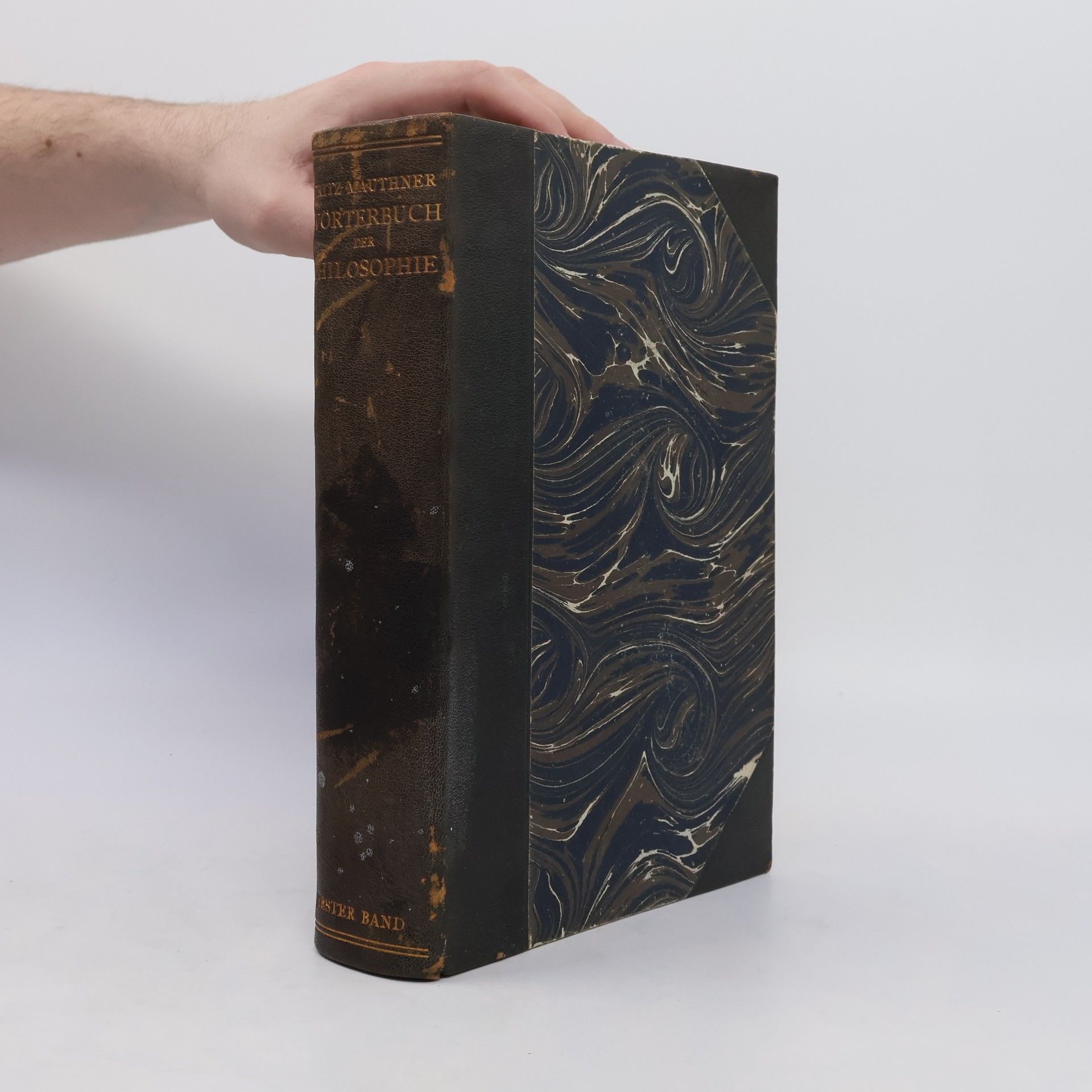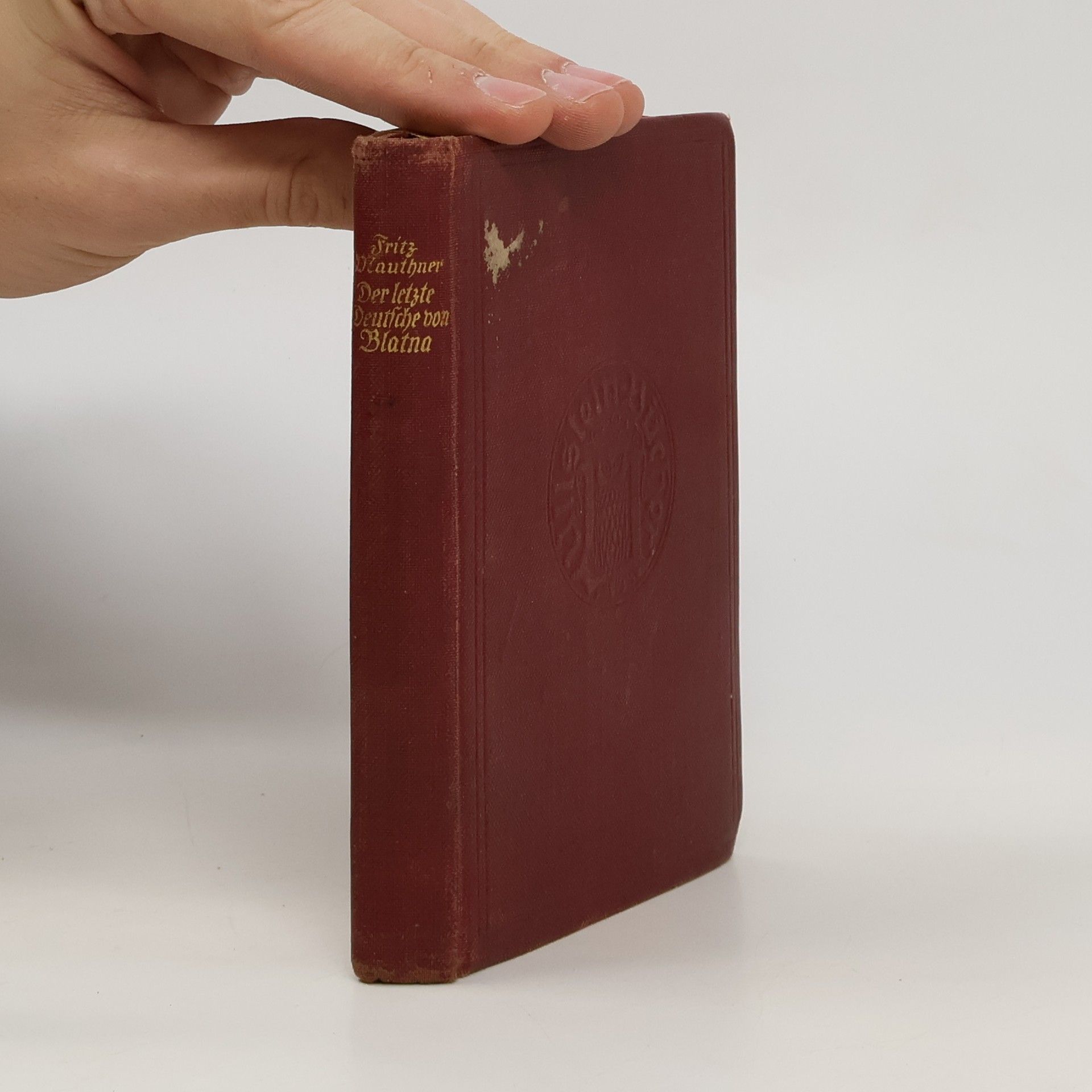Fritz Mauthner Livres






Die Neuauflage von Fritz Mauthners Werk bietet einen sorgfältig bearbeiteten Text, der an die neue deutsche Rechtschreibung angepasst wurde. Ursprünglich 1907 veröffentlicht, gehört das Buch zur Reihe sozialpsychologischer Monographien, die von Martin Buber herausgegeben wurde. Diese Ausgabe ist als lesefreundlicher Großdruck im Format 210 x 297 mm gestaltet und richtet sich an Leser, die sowohl an Mauthners sprachphilosophischen Überlegungen als auch an der historischen Kontextualisierung interessiert sind.
Fritz Mauthners "Muttersprache und Vaterland" untersucht die Grundbegriffe der Nationalität und übt Kritik an politischen Begriffen wie Volk und Patriotismus. Er lehnt Ideale einer reinen Sprache ab und plädiert gegen nationalen Hass. Diese Neuauflage enthält ein Nachwort von Thomas Hainscho, das die politische Dimension von Mauthners Sprachkritik beleuchtet.


